
views
Melbourne: An explosive report lifting the lid on "widespread" use of performance enhancing drugs in Australian sport showed the country's professional leagues had patently failed to build robust anti-doping regimes, WADA chief John Fahey has said.
The government report released on Thursday, the result of a year-long probe by Australia's top criminal intelligence organisation, found multiple players and teams across a number of codes had taken banned substances, with coaches, doctors and support staff complicit in their use. The report has sent shockwaves through sports-mad Australia, long proud of its image as a nation that plays fair, and prompted governing bodies of the major sports to launch their own probes into their competitions.
Fahey told Reuters the seriousness of the report had also caught him unawares but said the findings were a case of 'too-little too-late' for Australia's sports leagues, who have long claimed a hard-line on drug cheats but seldom caught them. "I may have been naive to think that this wouldn't happen in Australia. I found out differently yesterday," Fahey, a former premier of Australia's eastern New South Wales state, said in a phone interview on Friday. "The report tells us they're not doing enough. They weren't doing enough. Their programmes weren't robust enough and that includes testing and the lack of blood testing. They need to put the resources, and that means money and I will watch with great interest to see how seriously they're taking all of this going forward."
The release of the report, described as the "blackest day" in Australian sporting history by a former chief of the country's national anti-doping agency, has coincided with a probe into a prominent Australian Rules football club over their systematic administration of supplements to players. Anti-doping authorities are probing players, coaches and support staff at the Melbourne-based Essendon Bombers over the programme, and local bookmakers have suspended bets on the team's season-opening match next month due to the fallout.
The Australian Football League, governing body of the popular Australian Rules competition, said on Friday it would plough more resources into its integrity unit and make clubs undertake background checks on all staff, including contractors and consultants.
FUNDS LACKING
Fahey said a comprehensive anti-doping regime was expensive, but Australia's top sports leagues, two of which have signed billion-dollar contracts for broadcast rights fees in recent years, could ill afford not to pay up. "It is expensive... Cycling has suffered enormously in recent times reputation-wise and I put that same point now to the professional codes in Australia," he said.
"They can get, for example, a billion dollars or a billion-plus for television rights. How much do they want to spend of that money on making sure that this sport is clean? Surely that's a prime priority responsibility and clearly they haven't been spending enough or we wouldn't have had this really bad day yesterday."
Although the report had exposed holes in the leagues' integrity efforts, Fahey said it did not mean doping was any more rife in Australia than elsewhere in the world. Instead, it had underlined the strength of the country's anti-doping institutions and their cooperation with law-enforcement authorities. "We've been talking about what we heard in Australia yesterday as being relevant to other parts of the world for five years or so now," he said. Yesterday we discovered it's Australia also, that's the only thing that's different, the name of the country. We're a blessed country in the sense that we've got one of the best anti-doping authorities in ASADA," he added, referring to the Australian Sports Anti-Doping Authority.
"More particularly because they've been given legislative power to liaise and share information with law enforcement agencies."
Fahey said elite sports teams' employment of unregulated 'sports scientists' - as distinct from accredited medical staff - to help their athletes find an edge by using unorthodox supplements, was a concern Down Under, however. "We're seeing this new term sports scientist, and my impression is that a lot of people are calling themselves that but I'm not sure if they have the right to," he said.
"I think that ought to be an amber light flashing in the eyes of every CEO of every professional sport in this country today as a result of what we're reading about in recent days."












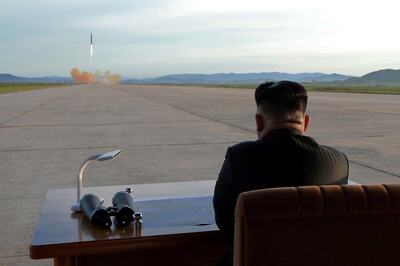
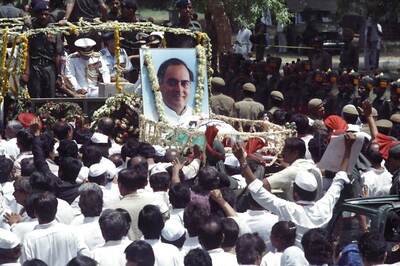

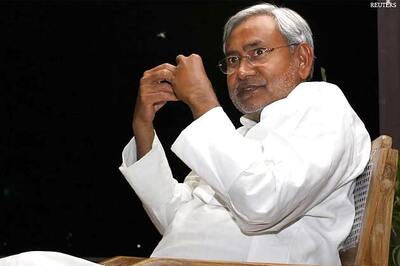
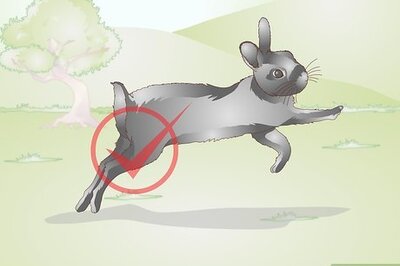


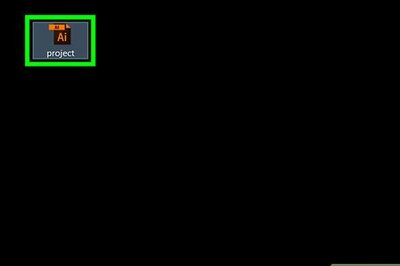
Comments
0 comment